Conduct, Oppositional-Defiance and other Behavioural Disorders in Children
For behavioural disorders in children, please book a 5 point ClinicalQ intake with Dr Mari Swingle.
About the Condition
While mild behavioural challenges are a normal part of healthy child and adolescent development, there is a range of behavioural and oppositional behaviours that can indicate problems either in social development, brain development, or both. These disorders are included in the DSM-5-TR as Conduct Disorder, Oppositional-Defiant Disorder, and other behavioural disorders which can be related to another condition, such as ADHD, ASD, or traumatic brain injury. They can range from mild to severe. They can affect social and family functioning, and can impact a child or adolescent’s opportunities to participate in school or other important aspects of life.
Recommended Neurofeedback Treatment
Oppositional and Defiance Disorders (ODD) are usually associated with problems in the frontal regions of the brain, and often a deficiency in the back of the brain as well. The problem in the front of the brain can be thought of as the brain not being efficient in acquiring or accessing social skills. Also, we often find an imbalance in the frontal cortex that is associated with impulse control problems. Correcting these inefficiencies with Neurotherapy, in conjunction with aligning or otherwise strengthening parental skills, can make a marked improvement in the child’s behavior.
Severe behavior problems can also be associated with frontal brain injury. In the treatment of defiant and aggressive children, the complex of factors that are potential contributors to the problem must be identified.
Additional Recommended Psychological Services
Parenting a spirited, oppositional, or neurodivergent child can be exhausting, and can lead parents to resort to difficult family dynamics, and less than optimal parenting strategies. Conversely, stresses on parents and the family as a whole can lead to problematic behaviour in children and adolescents. Family therapy can help parents to understand how reactive as opposed to proactive parenting style & family dynamics are affecting their child’s behaviour, and can be used to learn more effective parenting strategies.
In addition, children and adolescents living modern environments and urbanized lifestyles may be over-exposed to screens and other unhealthy influences. They may have inadequate opportunities for exercise, socializing, and free play, or may be functioning in situations that are too stressful for their capacity to understand. Lifestyle changes can make a profound difference to behaviour, particularly in conjunction with Neurofeedback.
Recommended Reading
Biofeedback for the Brain

